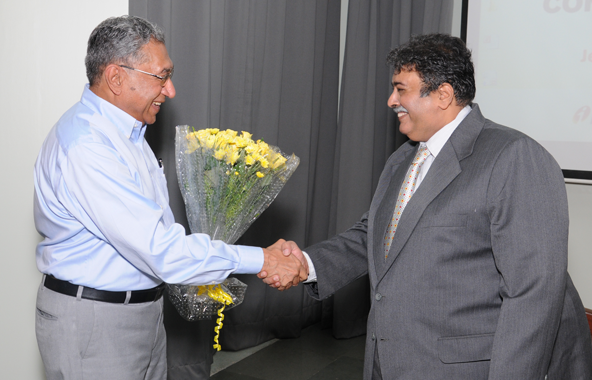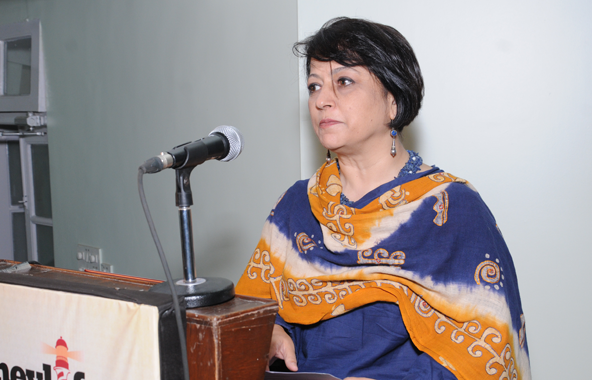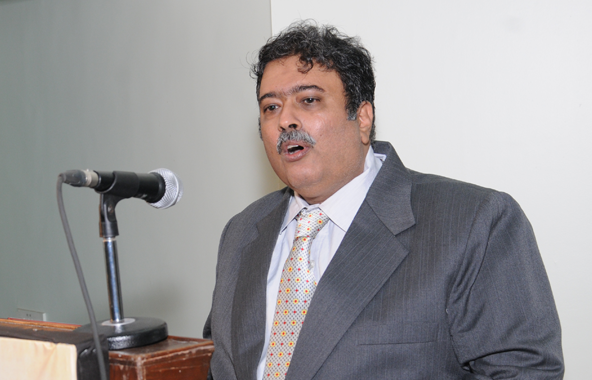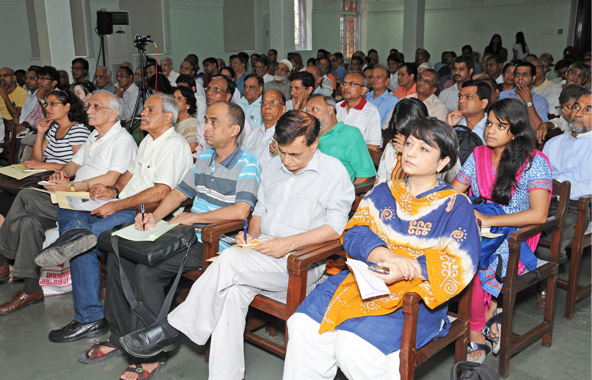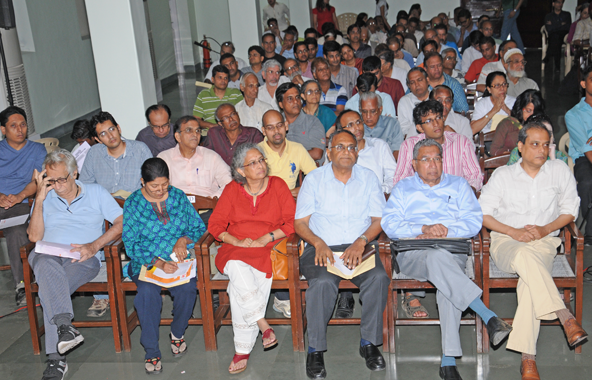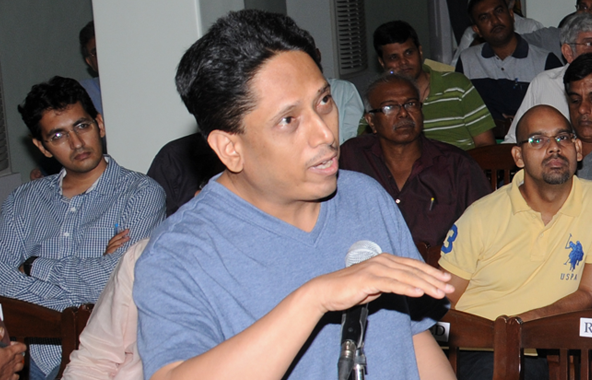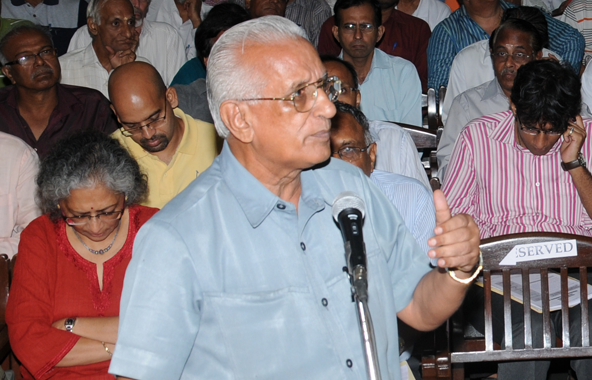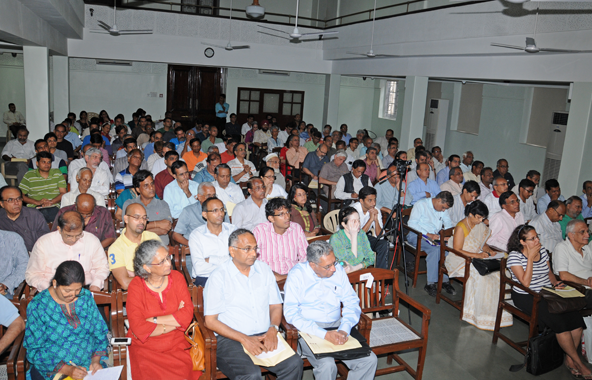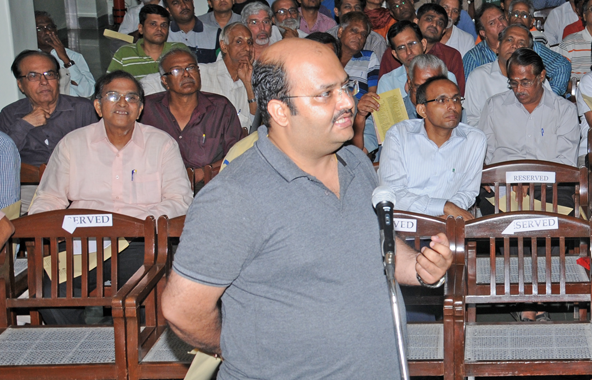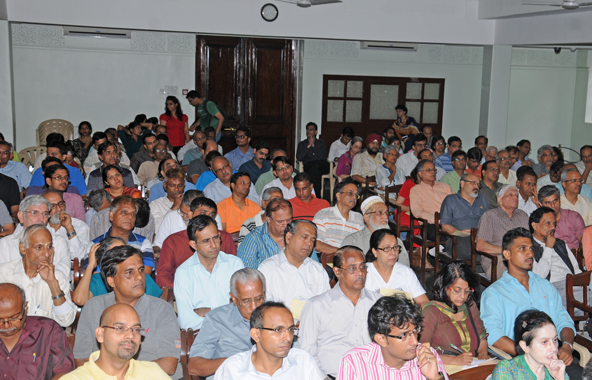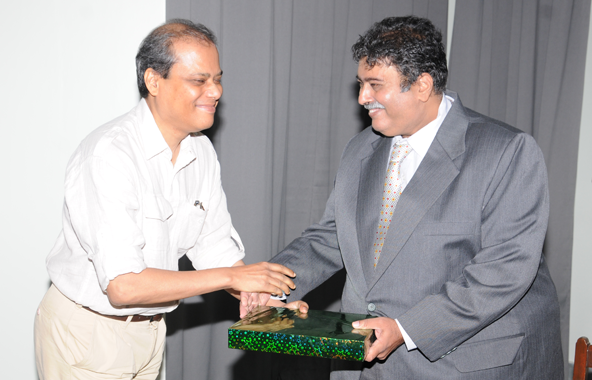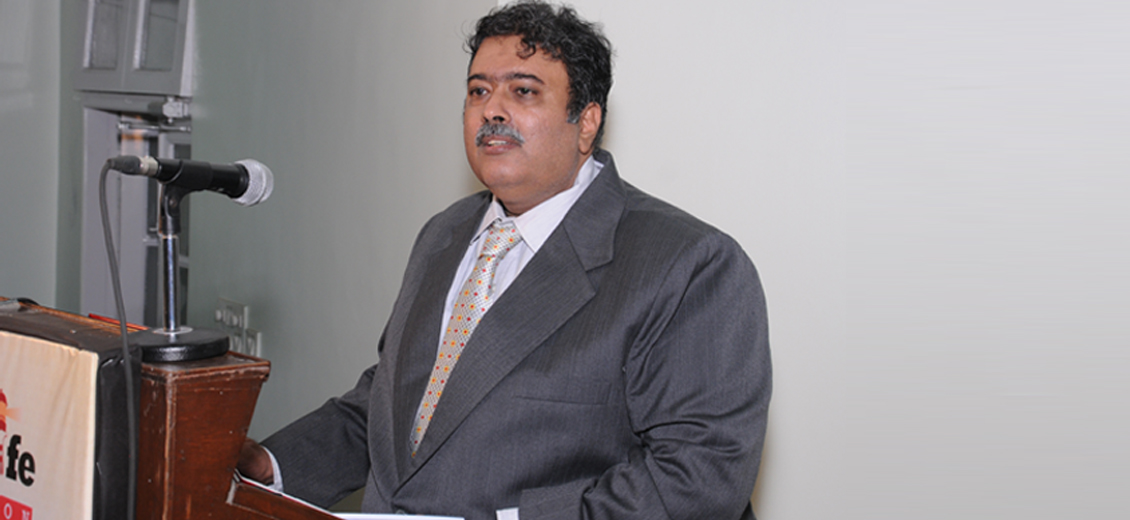
Each and every one of us is part of the consumption cycle in one way or another. Our daily lives consist of consumer activities which we take for granted. On the one hand, where there is a consumer, on the other side there is the provider of the product or services that we use. On the 21st of June 2014, for Moneylife Foundation’s event titled “How to Win Your Case in Consumer Court”, we invited Consumer Activist Jehangir Gai to share his experience and knowledge with our audience. His focus was on the right way to go about fighting a case in the consumer courts and being able to win your day.
“Buyers are often unaware of their rights as a consumer and bad products or services are thought of as unavoidable. Even if they decides to approaches the consumer court, many of them lose their zist to fight as the case may take one to three years and sometimes they simply give up midway. In addition, several times, consumers are found to have no proper evidence or documents to support their cases,” he said.
Mr Gai said, a buyer who wish to approach the consumer court, needs to build his evidences. Like he must note down the complaint number (docket) and time, job number and job cards as well as copies of correspondence with the concerned product seller/manufacturer or service provider. Even if you do not need to approach a consumer court, it is always better to preserve all the bills, payment receipts, warranty cards and servicing records, he added.
Clarifying on the definition of consumer, he said, “The ambit of what defines a consumer is not merely one who buys, but also anyone who uses the product or service with approval from the buyer. However, a product bought for commercial purpose does not classify as a consumer product.”
Another important criteria to decide whether you are a consumer is the payment, Mr Gai said, adding, “Free services are excluded from the definitions of Consumer Act, however the Supreme Court has held that in the specific fase of hospitals, which have paid patients and free patients, the free patients become deemed consumers. The final exclusion being as a result of the distinction between agreements of personal service (eg. Employer-employee relationship) and agreement for personal service (which is professional, prividing service as a professional). The former is excluded from the ambit to consumer law.”
Mr Gai explained that the consumer has a right to redressal in cases that may involve goods, services, hospitals, holidays and even investments. His expertise is a result of being involved with consumer organisations all the way since 1984-85. This was before the Consumer Protection Act was even passed.
In addition, fighting a case in consumer court consumes both time and money. Earlier, cases in consumer courts used to get resolved in three-six months. However, nowadays it may take one to three years. This is one of the reasons, why not many consumers are willing to approach the consumer courts or even leave their case mid-way. According to Mr Gai, during 1999, there were about 1,500 cases filed in the Mumbai Suburban Consumer Forum, which has come down to just 500 in 2013.
“An awakened consumer is an enlightened consumers and often an enlightened consumer becomes a frustrated consumer (after approaching comsumer forum),” Mr Gai said.
Over the years, Mr Gai has also addressed issues of what constitues “Consumer Protection”, for example, the term “commercial purpose” that is not defined in the law.
This leaves room for differing interpretations by different presiding officers.
Most consumers are unaware that in consumer issues, there are three strata of consumer courts that can be approached depending upon the monetary value of the consumer’s grievance. Mr Gai explained that if a dispute involves monies upto Rs20 lakh, then this falls under the jurisdiction of the District Consumer Forum. If the dispute involves monetary value above Rs20 lakh but below Rs1 crore, then the State Consumer Commission can take up the case. Finally, if your dispute is in excess of Rs1 crore, the consumer has to approach the National Consumer Disputes Redressal Commission (NCDRC). That said, every case decided at the District Forums or State Commissions can be appealed at the higher levels.
Going by the number of people in the audience, it is safe to say that many people face problems in resolving their issues and grievances. It is important for the consumer to address any problem with a service provider with prompt action. This is especially important considering that the admissibility of a consumer complaint in court has a lapse period, and the consumer may be left in the cold if he enters litigation too late. Mr Gai took on questions from the audience and resolved specific queries relating to people’s issues.


